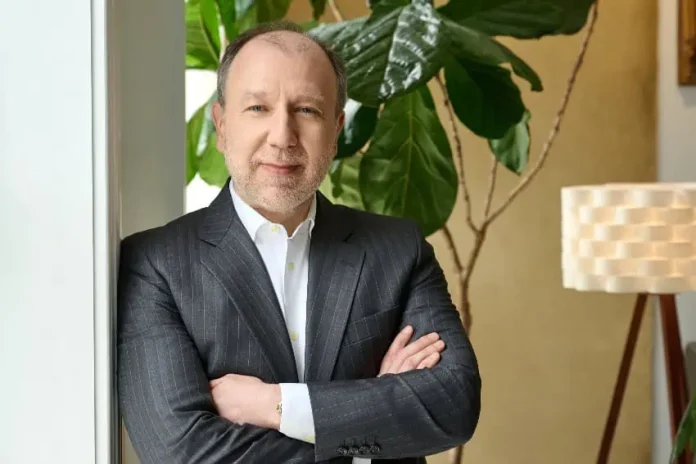Reduce reliance on Asian imports to Mexico, especially Chinese imports. Increase Mexico’s manufacturing capacity. Seize the nearshoring opportunity by proactively seeking foreign investment.
These are a few of the objectives of the new federal government that have emerged since Claudia Sheinbaum was sworn in as Mexico’s first female president on Oct. 1.
Economy Minister Marcelo Ebrard said last week that the federal government is looking at “how we can reduce all the imports we have” and “increase domestic content in any way we can.”
He also said that Mexico would “mobilize all legitimate interests in favor of North America” amid the ongoing trade war between the United States and China.
For his part, Deputy Economy Minister for Foreign Trade Luis Rosendo Gutiérrez Romano revealed that the Sheinbaum administration has asked U.S. companies and other foreign firms that operate in Mexico to look at substituting some goods and components made in China, Malaysia, Vietnam and Taiwan with locally-made products.
Meanwhile, Finance Minister Rogelio Ramírez de la O traveled to New York and met with the CEOs of JPMorgan and BlackRock last Thursday in an apparent attempt to reassure them that Mexico remains a good place to invest.
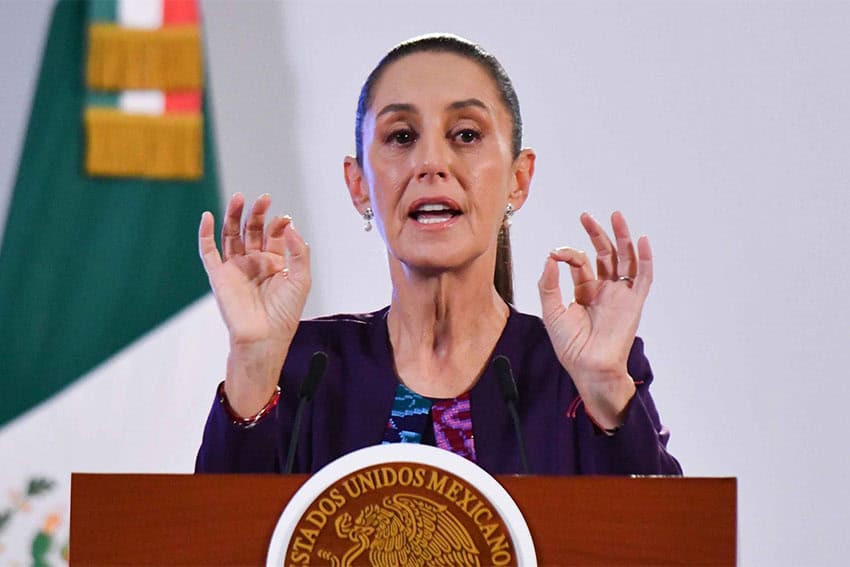
The president herself has said that investors “have nothing to worry about” despite significant concern about the government’s judicial reform and other proposed constitutional overhauls. Sheinbaum is set to to convey the same message at the annual U.S.-Mexico CEO Dialogue meeting this Tuesday.
Mexico News Daily recently discussed the objectives listed at the top of this article — and related issues — with Jorge Guajardo, Mexico’s longest serving ambassador to China (2007-13) and a former consul general in Austin, Texas.
Guajardo, now a consultant with global advisory firm DGA Group, made it clear that he is impressed with the start the government has made toward achieving the aforesaid goals.
The Mexican government’s attitude toward China
Guajardo told MND that previous Mexican administrations, and other governments around the world, have started their terms “thinking they could establish a new trade relationship with China.”
He said that many presidents and prime ministers come into power thinking they are going to “reset relations with China” before realizing later that their government’s trade relationship with the East Asian economic powerhouse is not in fact in their best interests.
“So the fact that the Sheinbaum administration starts from day one saying we’re going to be keeping an eye on Asian imports is very important and deserves a lot of credit,” Guajardo said.
“They’re not wasting a single day. … We should understand how big a statement that is. Right off the bat they understand that Mexico has nothing to gain from trading with Asia and a lot to gain from trading within North America,” he said.

Guajardo noted that Sheinbaum administration officials have referred more broadly to Asia in their remarks about the desire to reduce Mexico’s dependence on imports, “and not just China.”
He asserted that their choice of language is “important because a lot of the [Chinese] imports come via Vietnam, … which has a free trade agreement with Mexico,” in reference to the Comprehensive and Progressive Agreement for Trans-Pacific Partnership (CPTPP).
The import substitution plan
Guajardo said that the fact the current government is talking about import substitution is “visionary.”
With China, which has a vast industrial capacity — overcapacity in fact — a global trade environment that is open and free is not viable, he said.
“You will get overrun,” Guajardo said, emphasizing the need to protect “the industries we already have in Mexico” and the importance of not subjecting them to an “unfair playing field” by making them compete with Chinese products, many of which can be produced very cheaply, in part thanks to generous subsidies from the Chinese government.
The ex-ambassador said he didn’t know how realistic it is for Mexico to substitute a significant portion of the imports it receives from China and other Asian countries, but noted that Mexican companies already produce some of the products that are currently shipped here from there.
Guajardo said that the import substitution plan should be supported by both tariffs — he advocated even higher duties than those recently implemented by the Mexican government — as well as regulations that help to protect Mexican industry.
(Guajardo spoke to MND earlier this year about the need for the Mexican government to be “more creative with regulations” to shut out exports in certain sectors.)
Is protectionism worth it?
Before seeking to broaden the range of goods produced in Mexico, the government should first offer greater protection to existing industries whose products are being substituted by Chinese imports, Guajardo said.
“That in and of itself would be a huge step,” he said.
Guajardo cited the glass, petrochemical and textiles industries as three Mexican sectors that need to be protected.
The protection of domestic industries could incentivize other companies to invest in Mexico, he said.
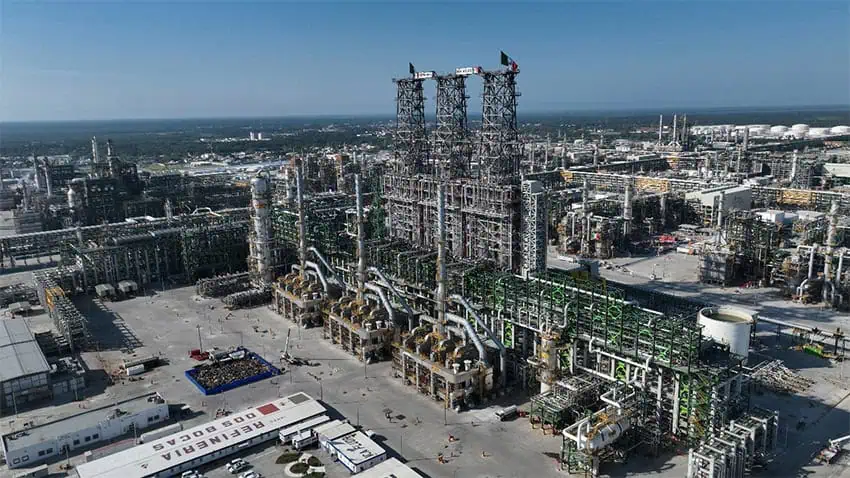
“You can not do that if there are no protections because there is no business model” for potential investors, Guajardo said.
He acknowledged that there will be blowback because protectionism will inevitably cause the price of goods to go up — say goodbye to dirt cheap Chinese imports, in other words.
However, “the question you have to ask yourself,” Guajardo said, is the following: “Is it worth paying a higher price [for goods] and in the process avoid being totally dependent on China and have a more independent supply chain?”
“Eventually I believe we have to come to terms with the answer being yes,” he said.
“We have to be willing to absorb a higher price in exchanging for having sovereignty over supply chains,” Guajardo added.
The importance of a supportive industrial policy
Guajardo told MND that the new government is cognizant that industry in Mexico will need government support to succeed.
The “realization” of the need to have a supportive industrial policy is “important,” he said, noting that the administration of former president Andrés Manuel López Obrador was “reluctant to give any help to business” — even during the COVID pandemic.
Guajardo highlighted that the implementation of a supportive industrial policy is not risk-free: It could lead to corruption via the “misallocation of funds” and there is a “risk of betting on companies that end up losing.”
China, he continued, “inherently understands that industrial policy will create some duds.”
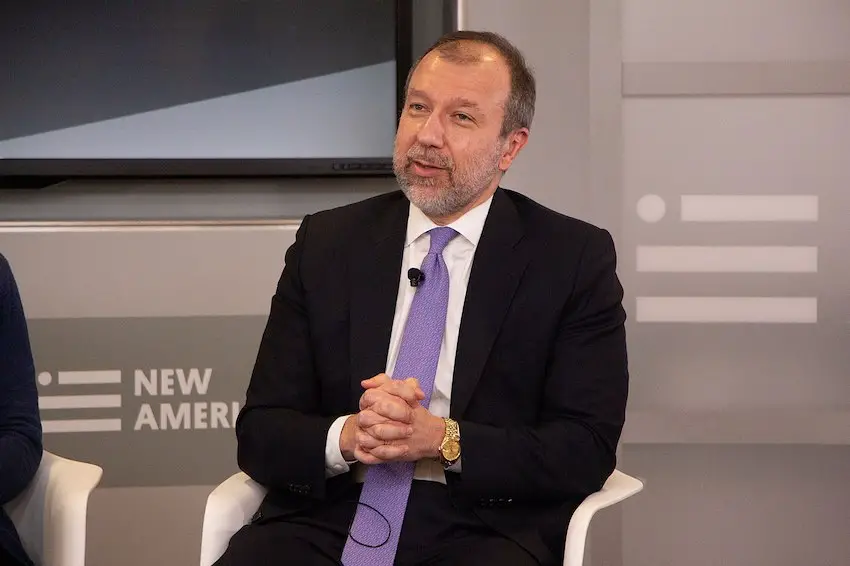
“They’re willing to assume that risk and in the process create a lot of champions. As a country we have to understand that there will be duds, there will be things that don’t work out, but it’s important nevertheless that we take the risk in supporting sectors in which we want to have champions,” he said.
Doing so will mean “we have technology and [our own] intellectual property,” Guajardo added.
Promptly and unequivocally siding with the US is ‘huge’
Guajardo noted that many countries around the world come under pressure to choose between the United States and China in an economic and strategic sense, but most are reluctant to do so.
However, under the leadership of Sheinbaum, Mexico is “not hesitating for a second” in declaring that it is on the United States’ side, he said.
“Again that is a huge statement and I think the new administration deserves a lot of credit,” Guajardo said.
Rather than “hedging,” Mexico under Sheinbaum is going all in on the U.S. side, he stressed.
“Right off the bat they say, we’re going to put a stop to this [trade imbalance] and we’re going to align with North America. I’m hard pressed to think of another country that has been able to do that,” Guajardo said.
“That is big, that is significant and I give them a lot of credit for that. … It’s huge, I haven’t seen it in any other country in the world,” he said.
Sheinbaum herself was asked to choose between the United States and China during an interview before she became president.
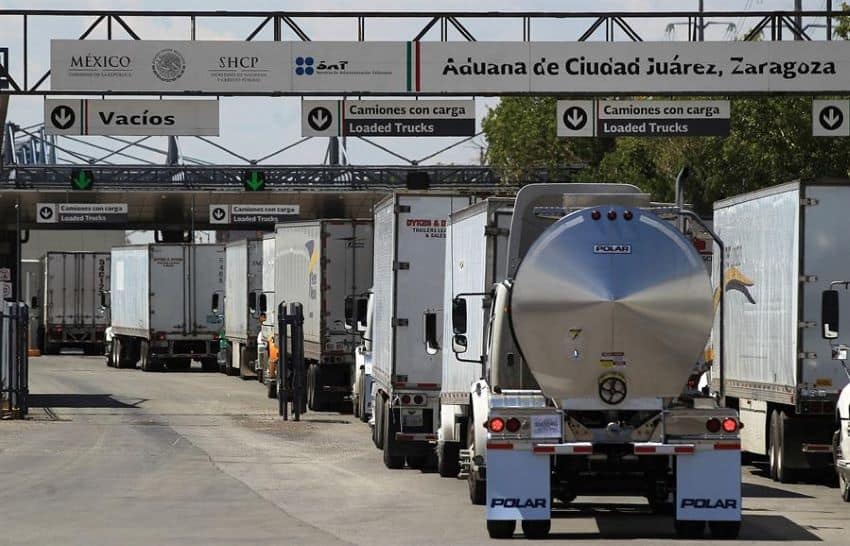
In response, she said that Mexico has an “inseparable” trade relationship with the United States and noted that the two countries are “economically integrated” whereas “there is no free trade agreement with China.”
“… The relationship with China exists and it has to continue existing, but the agreement with the U.S. has to be maintained and strengthened as well,” Sheinbaum said of the USMCA free trade pact, which also includes Canada.
Proactively seeking investment is ‘very positive’
Guajardo said that the new federal administration has shown it is going to be “very aggressive” in its efforts to attract investment, and declared that such an approach is “very positive.”
However, he conceded that the judicial reform — which will allow Mexican citizens to directly elect judges, including Supreme Court justices — is the “elephant in the room” as far as investors, and potential investors, are concerned.
The proposed energy reform, which seeks to provide a constitutional guarantee for the state’s majority (54%) stake in electricity generation, “may also be a problem for investors,” Guajardo said.
However, he chose to “set those [concerns] aside for now and suspend judgement because I’m very optimistic about the way they’re trying to reach out [to potential investors] and really ride this nearshoring wave.”
That wave, or trend, has been described as a “once-in-a-generation” opportunity, but it is one that Mexico has not yet been able to fully grasp, as demonstrated by the low levels of “new” investment in foreign direct investment data.
“Hopefully with this new strategy of fitting the country into North America, industrial policy and import substitution we will make headway in bringing in new industries [to Mexico],” Guajardo said.
By Mexico News Daily chief staff writer Peter Davies ([email protected])
